This participation significantly expands the group's regional commitment to low-carbon steel, following ArcelorMittal Germany's participation as one of the founding members of the initiative in 2022. At the same time, ArcelorMittal Belgium CEO Frederik Van De Velde has also joined the LESS board of directors.
Although LESS remains a voluntary standard, the participation of producers representing approximately 45% of Europe's steel production is seen as a major step toward a unified, reliable, and transparent labeling system for low-carbon steel in the industry.
Frederik Van De Velde highlighted the importance of linking low-emission steel production to a common standard in the industry, stating: “Today, there is no universally accepted definition or common standard for low-carbon steel across the industry. We aim for LESS to be widely adopted and ultimately become a framework recognized by producers, customers, and regulators alike. Having a common standard is critical to making progress in the decarbonization of our industry. The next important step is to establish binding sustainability criteria for public projects and thereby create green lead markets for low-emission steels."
Investing in a Carbon-Free Future with the XCarb® Brand
ArcelorMittal is the leading supplier of low-carbon steel production in Europe. The company sold 400,000 tons of XCarb® branded steel in 2024, and this figure is expected to increase further in the remainder of the year. XCarb® products are produced using a high proportion of recycled steel and renewable energy in electric arc furnaces (EAF) or are offered in the form of XCarb certificates alongside physical steel. These certificates are issued by ArcelorMittal, with CO₂ savings verified through independent audits.
Policy and Market Support Critical
The European Commission's “Steel and Metals Action Plan,” published in March 2024, contains proposals for establishing green lead markets. In addition, the “Industrial Decarbonization Accelerator Act,” which is currently in the preparatory stage, aims to increase demand for low-carbon metals produced in Europe by making sustainability and resilience criteria mandatory in public procurement. The goal is to promote the widespread use of low-carbon products in emission-intensive sectors such as automotive and construction.
Investments Continue, but Challenges Persist
ArcelorMittal is continuing its significant investments across Europe to increase its carbon-neutral production capacity. At the heart of these investments are a new electric arc furnace being built in Gijón, Spain, and an EAF capacity expansion at the Sestao facility. However, the company notes that progress on these projects is lagging behind the initially anticipated pace. The reason is insufficient policy regulations and market incentives.
Nevertheless, ArcelorMittal emphasizes its ability to produce low-emission steel on a larger scale, continuing to focus on optimizing its decarbonization strategy and ensuring investment returns while maintaining competitiveness.


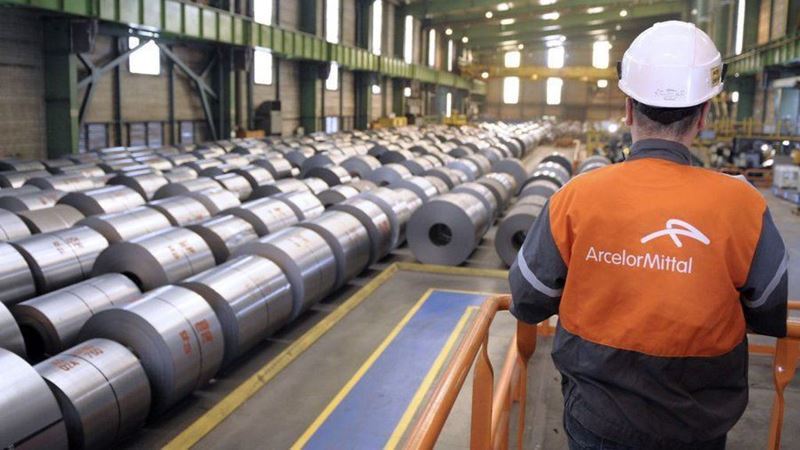
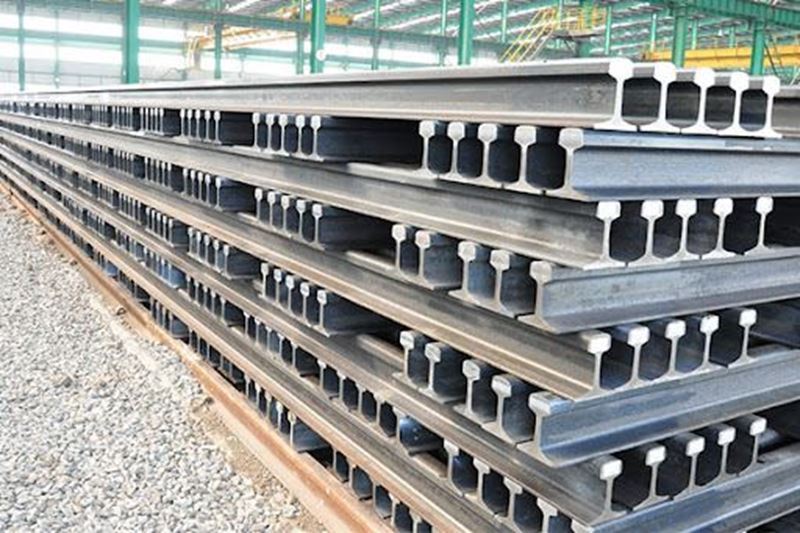
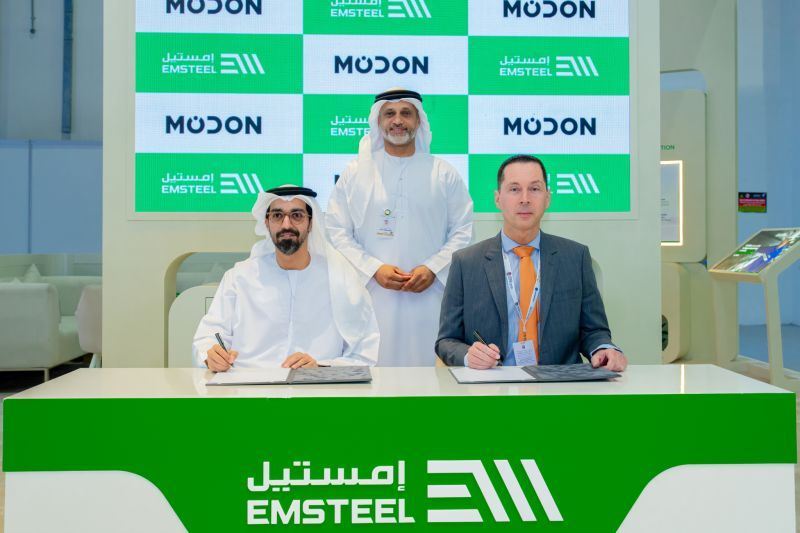
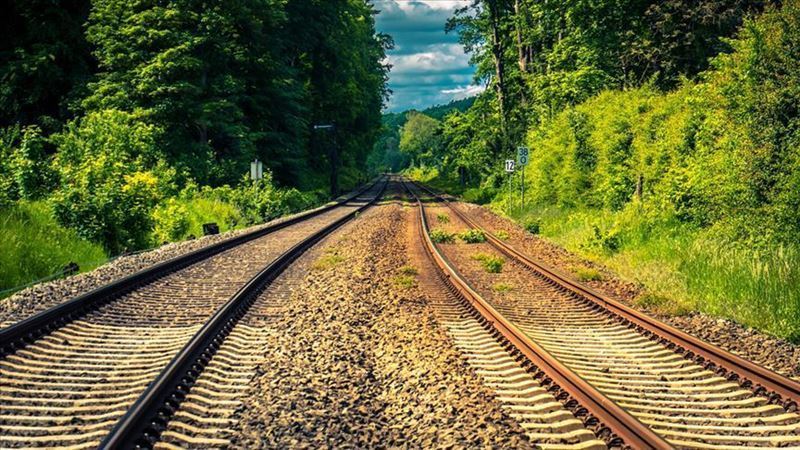
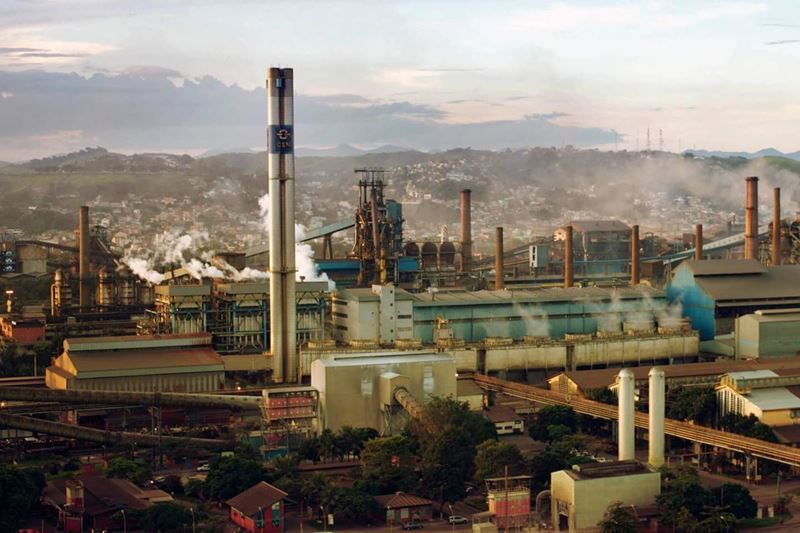
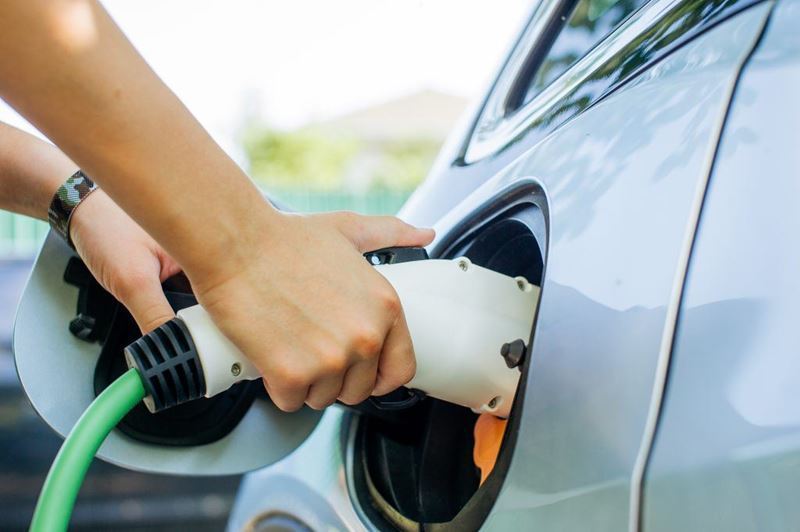


Comments
No comment yet.